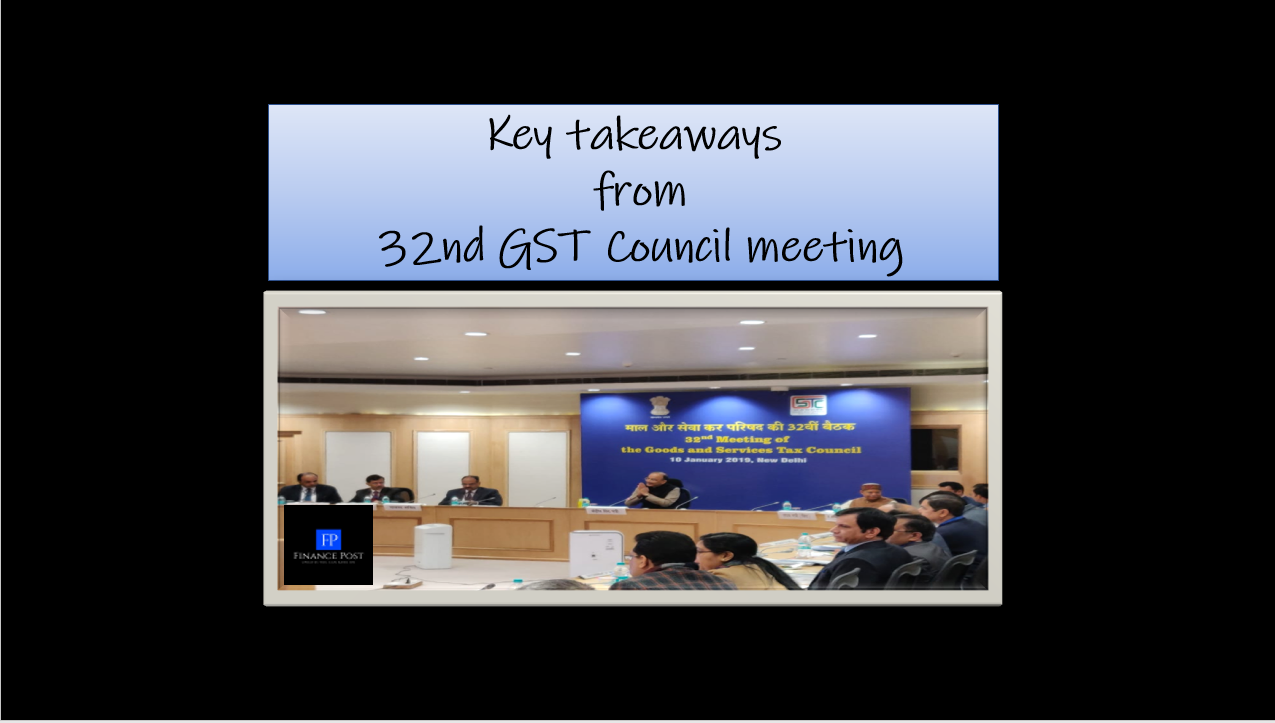
Last updated on August 7th, 2022 at 08:14 pm
Section 80EEB – Buy Electric Vehicle & Save Tax
In the Finance Bill 2019, the Auto Sector took a back seat as no significant measures were made. Major announcements were made to boost the electric mobility segment. The government is looking forward to making India a global hub for the manufacturing of electric vehicles. Nirmala Sitharaman the Union Minister of Finance and Corporate Affairs also announced phase II of the FAME Scheme plans to have an outlay of Rs10,000 crore for a period of 3 years beginning from 1st April 2019. The FAME scheme also includes solar storage batteries and charging infrastructure, which will give a boost to the manufacturing sector.
Section 80EEB deduction is effective from 1st April 2020. The deduction can be claimed for the interest paid on the loan taken for the purchase of an electric vehicle in the next four-year period (01.04.2019 to 31.03.2023).
Details of Section 80EEB
[su_table]
| Section 80EEB | Deduction in respect of the purchase of an electric vehicle |
| Eligible Assessee | Only Individuals |
| Maximum deduction | Rs. 1,50,000/- |
| Conditions to avail deduction | The loan should be taken for the purchase of an electric vehicle (advanced battery and registered e-vehicles)
The loan from the financial institutions should be sanctioned in the four-year period beginning from 01.04.2019 (i.e. 01.04.2019 to 31.03.2023) |
[/su_table]
Note: If section 80EEB deduction for interest is availed then the interest deduction can not be claimed under any other section for any assessment year.
Note: Only advanced batteries and registered e-vehicles will be incentivized under the FAME scheme.
Note: Electric vehicles will include electrically operated two-wheeled, three-wheeled and electric motor vehicles
What is an electric vehicle?
Electric vehicle as explained by this section (section 80EEB(5)(a) means
“A vehicle which is powered exclusively by an electric motor whose traction energy is supplied exclusively by traction battery installed in the vehicle and has such electric regenerative braking system, which during braking provides for the conversion of vehicle kinetic energy into electrical energy.”
What do you understand as a financial institution?
Financial Institution means a banking company or banking institution (under section 51) or any bank and also include
- NBFC
- NBFC as defined in clauses (e) and (g) of Explanation 4 to section 43B.”
Note: The definition of the financial institution is wider for the loan of an electric vehicle under section 80EEB as compared to the definition of the financial institution for the loan for affordable housing under section 80EE & section 80EEA.
Can principal repayment of the loan be claimed u/s 80EEB?
No. Only interest paid on the loan will be allowed as a deduction.
Whether deduction can be claimed for the purchase of the 2nd electric vehicle?
Yes. Section 80EEB does not explicitly mention that deduction will be allowed for the first vehicle only.
Other benefits for electric vehicles announced in the Union Budget 2019
Govt. has proposed the exemption in customs duty on import of certain parts of electric vehicles.
GST Fitment Committee has examined the GST concessions issue relating to the electric vehicles, chargers, and hiring of an electric vehicle in detail and had proposed the reduction of the GST rate of an electric vehicle.
GST rate for electric vehicles
- Electrically operated vehicles, including two and three-wheeled electric motor vehicles – 5% (reduced from 12%)
- Charger for Electric Vehicle – 5% (reduced from 18%)
Conclusion
The government wants to encourage faster adoption of electric vehicles by making them more affordable by providing an upfront deduction on the purchase of electric vehicles. Switching to an electric vehicle ( environment-friendly ) will certainly reduce pollution in the country. In the coming years, to make this successful government will have to also establish the necessary infrastructure for charging, etc. The government claims that deduction u/s 80EEB will result in the tax benefit of approx Rs. 2.5 lakhs over the period of loan.
Related Posts
None found
- 50th GST Council Meeting - 11/07/2023
- GST Compliance Calendar of October 2023 - 01/04/2023
- GST sections amended in Finance Act 2023 - 27/03/2023
Disclaimer: The above content is for general info purpose only and does not constitute professional advice. The author/ website will not be liable for any inaccurate / incomplete information and any reliance you place on the content is strictly at your risk.
Follow us on Social Media by clicking below
Follow @financepost_in


Be the first to comment